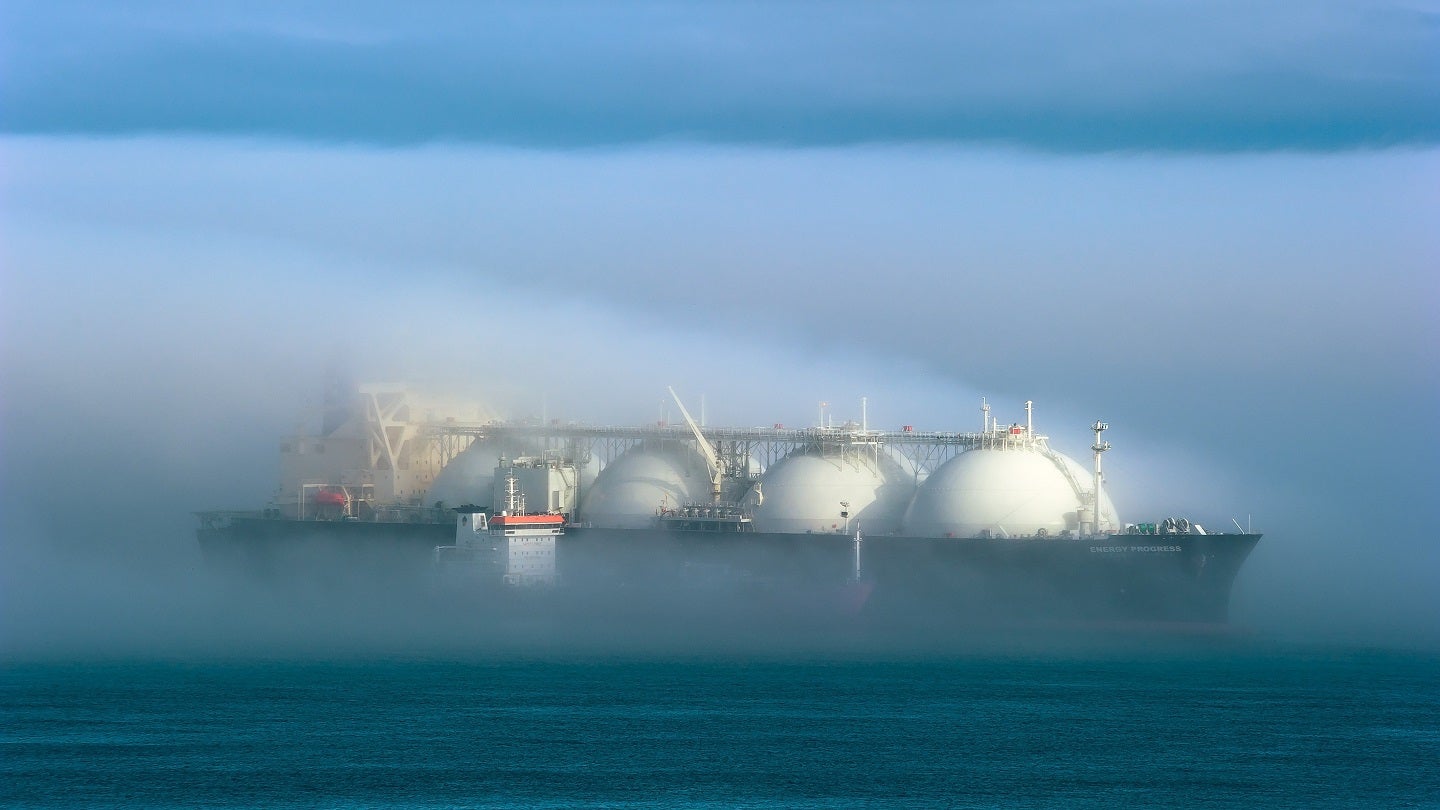
Japan’s Organization for Metals and Energy Security (JOGMEC) is set to provide financial backing to domestic companies investing in new LNG projects, reported Reuters.
The move aims to bolster Japan’s energy security by ensuring a stable supply of LNG.
The super-chilled gas is a critical component of the nation’s electricity energy mix, accounting for 34%.
As the world’s leading LNG importer, Japan has seen state-owned JOGMEC previously support numerous LNG ventures, such as Indonesia’s Tangguh project, through equity investments.
In an interview with the publication, JOGMEC chairman and CEO Ichiro Takahara said: “We have received several queries from Japanese companies regarding new LNG projects and we are preparing to decide on financial assistance.”
These efforts are part of Japan’s broader strategy to enhance its self-sufficiency in oil and gas from 33.4% in 2022 to more than 50% by 2030.
The industry ministry’s budget request indicates that Japan plans to allocate approximately Y108.2bn ($733m) for oil and gas exploration and asset acquisition in the fiscal year beginning in April.
This would be a significant increase from the current year’s Y47.9bn.
“Natural gas and LNG will remain an important energy source even after the realization of a carbon-neutral society,” Takahara said.
Under JOGMEC’s five-year business plan initiated in April last year, the goal is to increase Japan’s equity oil and gas offtake by 70,000 barrels of oil equivalent per day, reaching 1.05 million by March 2028.
The plan underscores Japan’s commitment to natural gas as a vital energy source, despite its participation in the COP28 summit, where it joined nearly 200 countries in agreeing to steer the global economy away from fossil fuels.



